Chapter Eight: Responding Through Oral and Written Communication – English Form One
Introduction
Responding through oral and written communication makes the language user competent and confident. In this chapter, you will learn to respond appropriately through speaking and writing. You will also learn to use appropriate grammar and vocabulary in different contexts, specifically in greetings, bidding farewell and apologising.
Thereafter, you will learn to use appropriate language and expressions in communicating with people of different age groups and statuses, particularly peers, elders, family members and leaders. The competencies developed will enable you to respond appropriately to oral and written communications in different interpersonal communication contexts.
Think About
- Why you love your favourite football team.
- Whether students should be allowed to go to school with smartphones.
Activity 1: Expressing Ideas and Opinions in Different Interpersonal Communication Settings
Sophia, this is Mzee Mussa, my former classmate at Nyamgongo Primary School.
Shikamoo. It’s nice to meet you, Mzee Mussa.
Marahabaa. Nice to meet you too, Sophia. Who is that pretty girl with you, Sophia?
Oh! This is my best friend, Tausi. We are in the same class.
What are you going to be when you finish school?
I plan to employ myself after I finish school.
No! I plan to continue to tertiary education. I think after a university education, I can get employed and earn a high salary.
- Why were Mr Kabezi and Mr Mussa at Msalato Secondary School?
- What are Sophia’s plans after completing her studies?
- What are the reasons for her plans?
- Why does Tausi opt for self-employment?
- Which side do you support and why?
Opinion Phrases to Use:
- I think…
- I guess…
- In my opinion…
- I would say…
- I’m of the view that…
Dar es Salaam Rapid Transport (DART)
David lives in Arusha. He has come to Dar es Salaam for a meeting. Every morning, he uses a Dar es Salaam Rapid Transport (DART) bus, popularly known as Mwendokasi to go to the meeting. While talking, David gives his views about the Mwendokasi buses. He thinks that public transport in Dar es Salaam has improved greatly because of the buses, and he wishes that a similar project be introduced in Arusha and other cities in Tanzania.
On the other hand, Maridadi is of the view that there are not enough Mwendokasi buses. As a result, the few available are overcrowded. This is the reason why some passengers are not disciplined.
Tasks:
- In your own words, explain David’s and Maridadi’s opinions about Mwendokasi.
- Give your opinion about public transport in your area.
- Write three sentences describing what you see in different social situations.
Activity 2: Using Appropriate Non-verbal Cues in Interpersonal Communication
Types of Non-verbal Cues
| Non-verbal Cue | Characteristics |
|---|---|
| Facial Expression | Showing emotions and attitudes through smiling, frowning, raising eyebrows, or squinting |
| Eye Contact | Maintaining or avoiding eye contact during a conversation shows confidence, interest, or discomfort |
| Body Posture | How individuals hold themselves indicates their level of engagement, openness, or authority |
| Gestures | Enhancing or clarifying verbal messages through pointing, waving, or using thumbs up |
| Touch | Physical touch communicates feelings of warmth, sympathy, or support |
| Vocal Cues | Tone, pitch, and volume of voice reveals emotions and influences meaning |
| Clothing and Appearance | How individuals dress conveys personality, social status, or cultural affiliations |
| Silence | Absence of speech can convey emotions like confusion, discomfort, or respect |
Non-verbal Cues Practice
Scenario 1: Two men are talking to each other. One is leaning forward with open palms, while the other has crossed arms and avoids eye contact.
Scenario 2: A student is speaking to a teacher. The student maintains appropriate eye contact, nods occasionally, and has an open posture.
Activity: Act out the following expressions using only non-verbal cues:
Show how you would express disappointment without words
Demonstrate pleasure through facial expressions and body language
Express excitement using gestures and posture
Show irritation through non-verbal cues only
Activity 3: Using Appropriate Language with Different Age Groups and Statuses
Appropriate Greetings
Discussion Questions:
- How do you greet your friend, father, mother, or other elders in your first language?
- Which words do you use in the morning, afternoon and evening for greetings?
- How do you say to a friend you visited that you want to leave in your first language and English?
- What do you say in your first language and English to your friends, teacher or parents when you have misbehaved or made a mistake?
Good morning, Mr Sikujua!
Good morning, my friend Sikitu. Nice to meet you, today.
Nice to meet you too! Meet Ms Brilliant, the Managing Director of Sophia Cosmetics Empire in Dar es Salaam.
Hello! Ms Brilliant. Nice to see you.
Hello! Nice to see you, too!
Tasks:
- Identify all the words in the dialogue that express greetings.
- Identify words that express bidding farewell.
- Identify words that express apology.
Communication Across Different Groups
| Situation | Appropriate Response |
|---|---|
| Someone says to you, “How are you doing?” | …………………………………………………… |
| Someone accidentally steps on your foot and says, “Sorry!” | …………………………………………………… |
| Someone thanks you for your help | …………………………………………………… |
| Someone is travelling/leaving and says “Goodbye” to you | …………………………………………………… |
| Someone asks you, “Can I take the chair please?” | …………………………………………………… |
| Someone asks you, “Can you open the door for me, please?” | …………………………………………………… |
Role-play Scenarios:
- A teacher holds a conversation with his/her student whose academic performance is low.
- A police officer sees a man breaking into someone’s car, catches him and takes him to the police station for interrogation.
- A family conversation where a student shares their school report with parents.





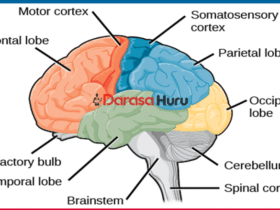





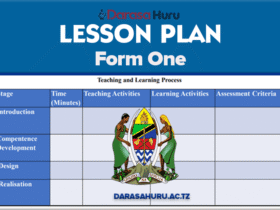




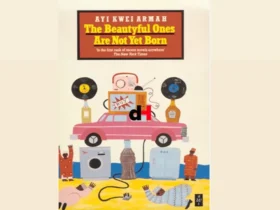
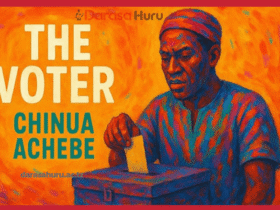


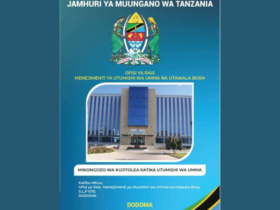
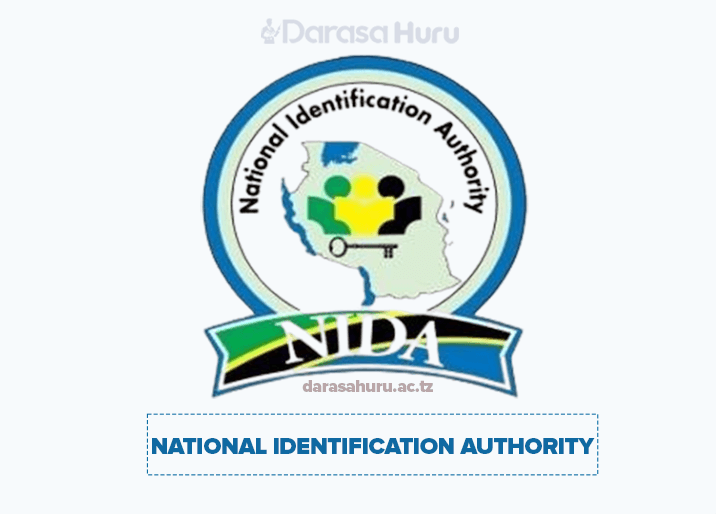














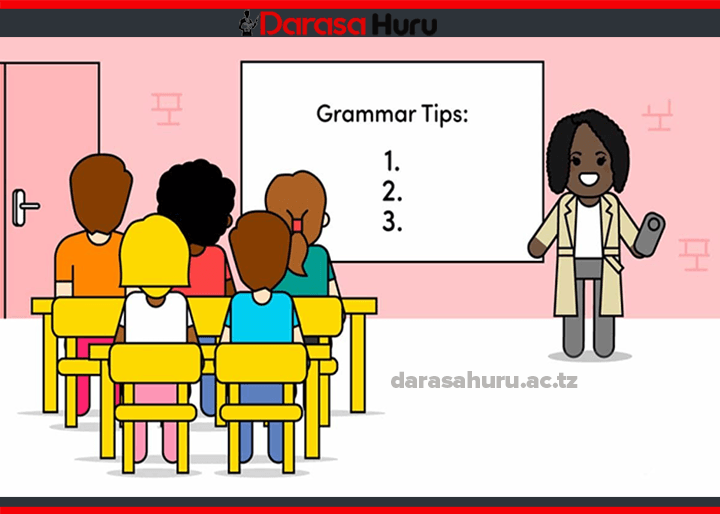
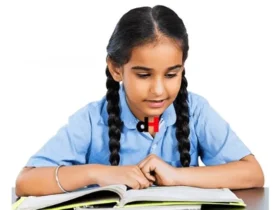



Leave a Reply